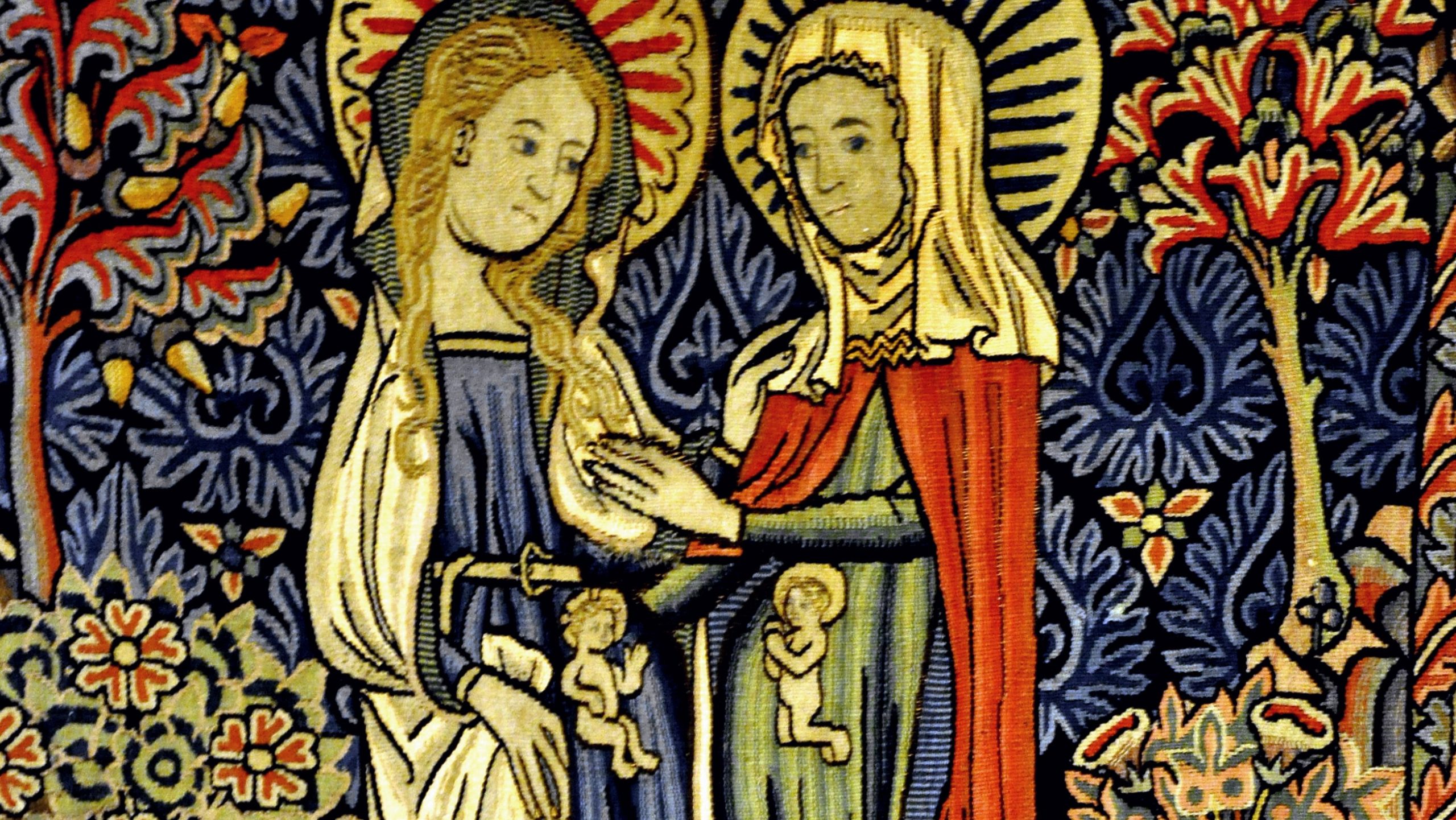
Isaiah 49:1-7
Tuesday of Holy Week ABC
1 ListenA to me, O coastlands,
pay attention,B you peoples from far away!
The LordC called me before I was born,D
while I was in my mother’s wombE he namedF me.
2 He made my mouth like a sharpG sword,H
in the shadowI of his hand he hid me;
he made me a polishedJ arrow,K
in his quiver he hid me away.
3 And he said to me, “You are my servant,L
Israel,M in whom I will be glorified.”N
4 But I said, “I have laboredO in vain,P
I have spentQ my strengthR for nothingS and vanity;T
yet surely my causeU is with the Lord,
and my rewardV with my God.”W
5 And now the Lord says,
who formedX me in the wombY to be his servant,
to bring JacobZ backAA to him,
and that Israel might be gathered to him,
for I am honoredBB in the sightCC of the Lord,
and my God has become my strength—DD
6 he says,
“It is too light a thingEE that you should be my servant
to raise up the tribesFF of Jacob
and to restoreGG the survivorsHH of Israel;
I will give you as a lightII to the nations,
that my salvationJJ may reach to the end of the earth.”KK
7 Thus says the Lord,
the RedeemerLL of Israel and his Holy One,MM
to one deeply despised,NN abhorredOO by the nations,
the slavePP of rulers,
“Kings shall see and stand up,QQ
princes,RR and they shall prostrateSS themselves,
because of the Lord, who is faithful,TT
the Holy One of Israel, who has chosen you.”
Image Credit: An antependium, or altar cloth, from Straßsbourg around 1410.
